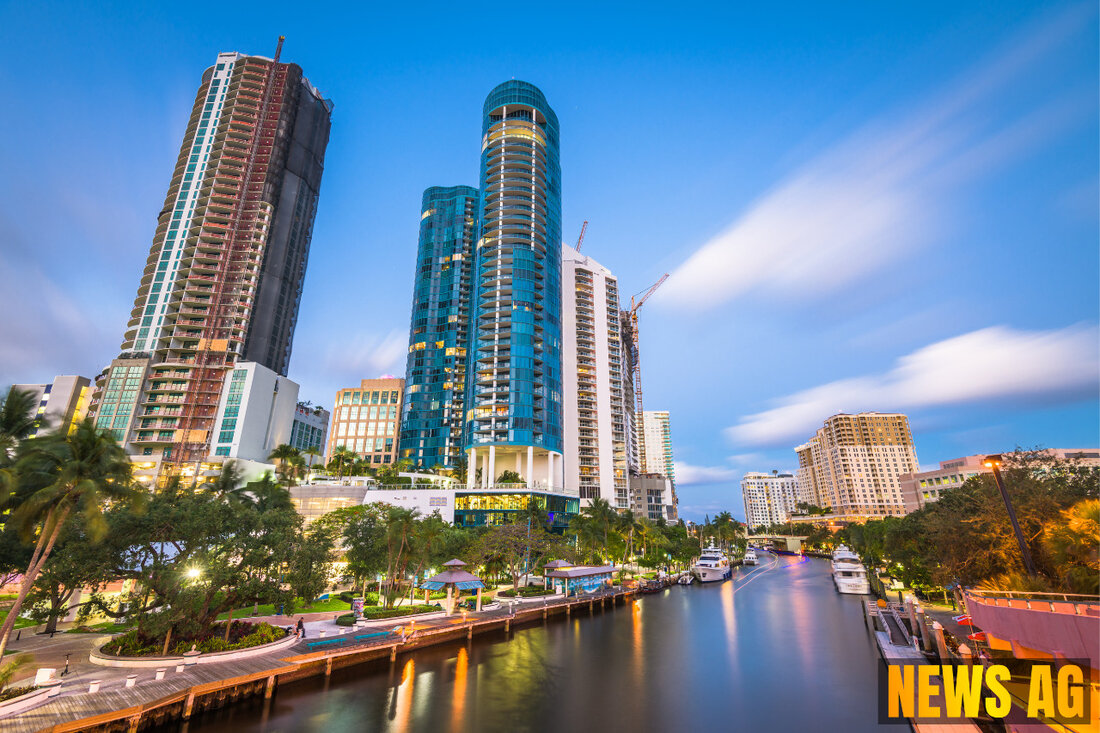Alligator Alcatraz: Controversial Detention Center Pits State Against Environment
Florida's Everglades faces controversy as "Alligator Alcatraz," a migrant detention center, begins construction without full environmental review.

Alligator Alcatraz: Controversial Detention Center Pits State Against Environment
The recent announcement concerning the construction of „Alligator Alcatraz,“ an immigration detention center, has stirred up controversy across Florida, particularly among environmental advocates. Set to open in July, the facility will be located deep in the Everglades of Collier County, specifically at a previously utilized airstrip from the now-abandoned Everglades Jetport project. This location has raised eyebrows, as the jetport was abandoned largely due to environmental concerns, which many fear are being overlooked yet again. The Palm Beach Post emphasizes that the decision to forge ahead with this project comes without the necessary environmental impact study, leaving many to wonder about the long-term effects on such a sensitive ecosystem.
What’s more, Miami-Dade County — which owns the land where the facility is being built — and Collier County officials were left in the dark about this major development. It appears that state lawmakers also weren’t informed about the potential financial ramifications tied to the project. Critics of Governor Ron DeSantis argue that while he has previously championed environmental initiatives, including a robust budget allocation for Everglades restoration, the construction of „Alligator Alcatraz“ marks a significant divergence from his professed commitment to environmental preservation.
The Environmental Backlash
As construction progresses, environmental groups have sprung into action, filing a federal lawsuit aimed at halting the project. They demand a full environmental review, as mandated by both federal and state law. According to AP News, representatives from the Center for Biological Diversity and Friends of the Everglades have teamed up with Earthjustice lawyers to push back against what they see as a threat to wetlands that cover over 96% of the site. This region is also home to endangered species, such as the elusive Florida panther, further igniting the urgency surrounding the facility’s construction.
Public sentiment is also shifting against the project. Reports indicate that approximately 7,600 individuals have reached out to Governor DeSantis and Attorney General James Uthmeier to voice their concerns. Activists, including Eve Samples from Friends of the Everglades, challenge DeSantis’s claims that the facility will have no lasting environmental consequences, pointing out potential issues like sewage generation and water usage. Moreover, they are worried about light pollution affecting the delicate balance of life in the Everglades.
A Political Flashpoint
Despite the vocal opposition, DeSantis has defended the center as a temporary solution aimed at managing undocumented migrants. He insists that the project will not implement a new sewer system, a point he has stressed in an effort to downplay environmental risks. The political ramifications of this decision are significant, as the state Republican Party has already begun to promote merchandise emblazoned with the „Alligator Alcatraz“ slogan, tying the project into broader immigration and law enforcement themes.
As the timeline for the facility’s opening approaches, the tensions between state initiatives, environmental protection, and immigration reform will likely only intensify. The controversy surrounding „Alligator Alcatraz“ has become more than just a local issue; it’s a reflection of the larger national dialogue on immigration and environmental policy. CBS News highlights that a protest led by Native Americans—who consider the land sacred—is also in the works, promising to amplify the voices of those who oppose the facility.

 Suche
Suche
 Mein Konto
Mein Konto